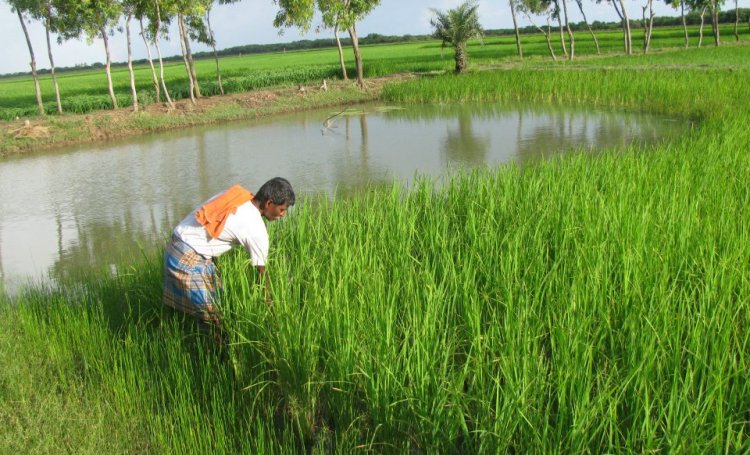New Delhi: India is likely to raise its rural welfare spending by 16 per cent for the fiscal year beginning April, two government sources said. It is being seen a move by Prime Minister Narendra Modi to woo the farm vote ahead of the general elections in May.
In its interim budget Friday, the government is set to earmark about Rs 1.3 trillion for the Ministry of Rural Development, up from Rs1.12 trillion in the current fiscal, the sources with direct knowledge of budget discussions said. They did not wish to be named as the discussions were not public.
The government is under pressure to step up rural support as more than two-thirds of India’s 1.3 billion people live in the countryside. Low crop prices and rising input costs had ravaged agricultural incomes over the past year and there are concerns about the government’s rural policies. The Bharatiya Janata Party also lost three key state elections in the Hindi heartland as a result.
With Congress president Rahul Gandhi promising Monday that his party would provide the poor with minimum income if elected to power, there is pressure on the BJP to address rural distress although the party has dismissed Gandhi’s promise as an unaffordable gimmick.
Among the key welfare programmes run by the Ministry of Rural Development, the highest allocation will be for the flagship rural job guarantee programme that provides government-paid work for up to 100 days in a year.
The government is expected to give about Rs 600 billion for the programme in the fiscal 2019-20; it is 9 per cent higher than the previous year, the sources said.
The Ministry of Rural Development also plans to raise wages for nearly 70 million current beneficiaries of the job programme, the sources said. A parliamentary panel had last year asked the ministry to increase the programme’s wages as they were lower than those paid to farm labourers elsewhere.
The government is likely to allocate about Rs300 billion, a three-fold increase, under another key state-run rural welfare plan which will give financial assistance to nearly 30 million poor people, including widows and the disabled.
It intends to increase the monthly benefit from Rs 200 at present and increase the number of beneficiaries from 20 million, the sources said.
